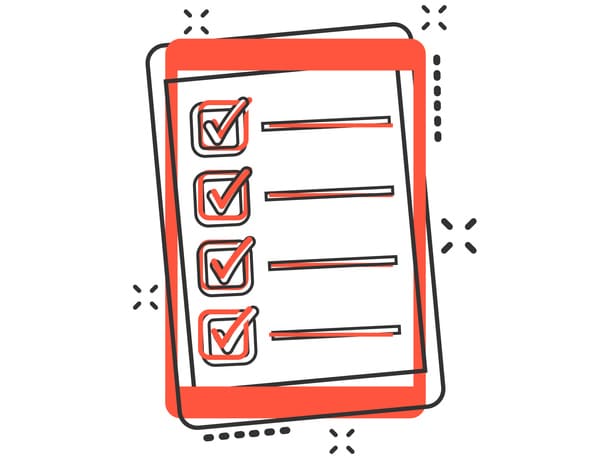If you are handing out business cards or brochures, that’s fine. But here’s what you have to ask yourself:
👉 Are your competitors handing out the exact same things?
👉 How are your interactions with prospects any different from your competitors?
Instead of just handing out business cards or brochures, think about providing value in a way that truly benefits your prospect.
Why Providing Value Matters More Than Business Cards
Handing out a business card doesn’t make you memorable—especially if your competitors are doing the same thing. To stand out, you need to go beyond simply exchanging contact information.
People don’t remember who gave them a card, but they do remember who helped them solve a problem.
That’s why value assets—something useful, actionable, and relevant—are far more effective. They give your prospect a taste of what you do, making them more likely to engage with you later.
What Are Value Assets?

A value asset is anything that helps your prospect while subtly showcasing your expertise. Here are some examples:
✅ Checklists – Simple, actionable guides to help them with a key challenge.
✅ Assessments – Short quizzes or surveys that help them evaluate their needs.
✅ Free Consultations – Offer a quick conversation that provides insights tailored to their situation.
✅ Samples or Demos – Free trials or samples of your product or service.
✅ Educational Content – Short eBooks, whitepapers, or videos that answer common questions. (My Thursday Thrive Newsletter is an educational value asset I offer my clients.)
You create a memorable experience and differentiate yourself from competitors by providing something of immediate value.
How to Implement Value-Based Selling
Here’s how you can shift from handing out business cards to providing value in every interaction:
1. Identify Your Prospect’s Pain Points
Before creating a value asset, ask yourself:
- What problems do my prospects struggle with?
- What small win can I help them achieve immediately?
- What type of content or resource would they find useful?
2. Offer Something That Solves a Problem

Instead of saying, “Here’s my card—call me if you need anything,” try:
👉 “I have a checklist that helps businesses like yours identify gaps in their sales process. Would you like a copy?”
OR
👉 “I offer a free 15-minute consultation to discuss challenges like this—would you be interested?”
This alternative positions you as a helpful expert rather than just another salesperson.
3. Make It Easy to Access
Your value asset should be easy to receive and use. Options include:
- A digital download via email or QR code.
- A physical handout (like a checklist or guide).
- A website landing page where they can access additional resources.
Final Thoughts: Set Yourself Apart with Value
Providing value isn’t about selling upfront—it’s about building trust and standing out. By offering something your competitors aren’t, you create a meaningful first impression that leads to stronger relationships and better sales outcomes.
So, next time you’re about to hand out a business card, ask yourself:
❌ Am I blending in with my competition?
✅ Or am I giving my prospect something truly useful?
Which strategy do you think will be more effective in the long run? 😉
© Shawn Casemore 2025. All Rights Reserved.

Share This Article
Choose Your Platform: Facebook Twitter Google Plus Linkedin